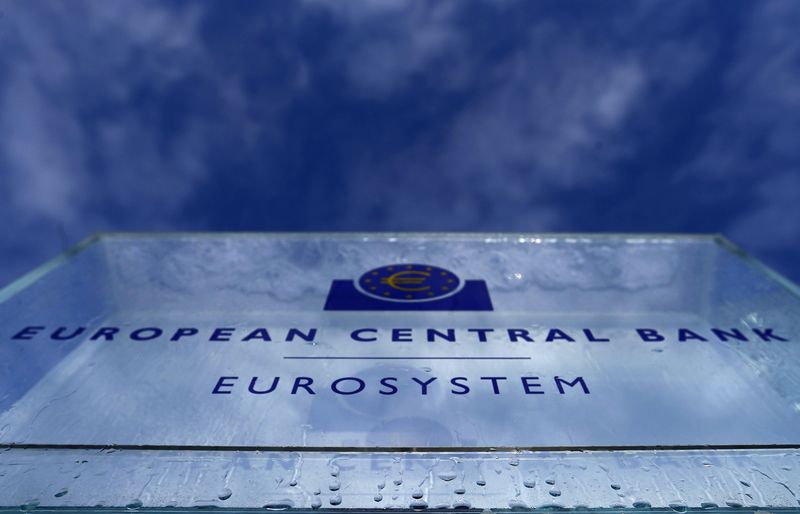(Bloomberg) -- Go inside the global economy with Stephanie Flanders in her new podcast, Stephanomics. Subscribe via Pocket Cast or iTunes.
Two of the ECB Governing Council’s leading members gave a tentative welcome to the review of the institution’s negative rate policy announced this week by President Mario Draghi.
Speaking at the International Monetary Fund meetings in Washington, both Chief Economist Peter Praet and Bundesbank president Jens Weidmann signaled they were open to the rethink, though they stopped short of any commitment to change.
Expectations are running high that the ECB could introduce a so-called tiering system that exempts some bank deposits from the negative rate. Draghi flagged on Wednesday the ECB will look at the impact of almost half a decade of sub-zero policy when officials take stock of the economy and design a response in the coming months.
Weidmann said he “wouldn’t necessarily overestimate” the effect that tiering could “have on lending, which you can see already when you look at the relatives sizes of interest payments on deposits and other returns.” The impact of unconventional measures fades over time, and side effects could increasingly materialize, he told reporters.
Policy makers have stressed they only would tweak their negative rate policy if there is evidence banks are curbing lending to companies and households. There has been little proof of that so far despite frequent complaints especially from bankers in Germany and France that the industry is losing more than 7 billion euros ($7.9 billion) a year because of negative rates.
Praet was careful to draw this distinction in his remarks on Friday. Tiering can “mitigate some of the negative consequences of some policy you have in place,” he said in a panel discussion in Washington, but it isn’t in itself a policy “instrument.”
Dutch Governor Klaas Knot also pushed back against the idea of softening the effect of negative interest rates in a Bloomberg Television interview on Thursday, saying that it has actually stimulated credit growth. Other considerations are “a little bit outside the realm of monetary objectives,” he said.
